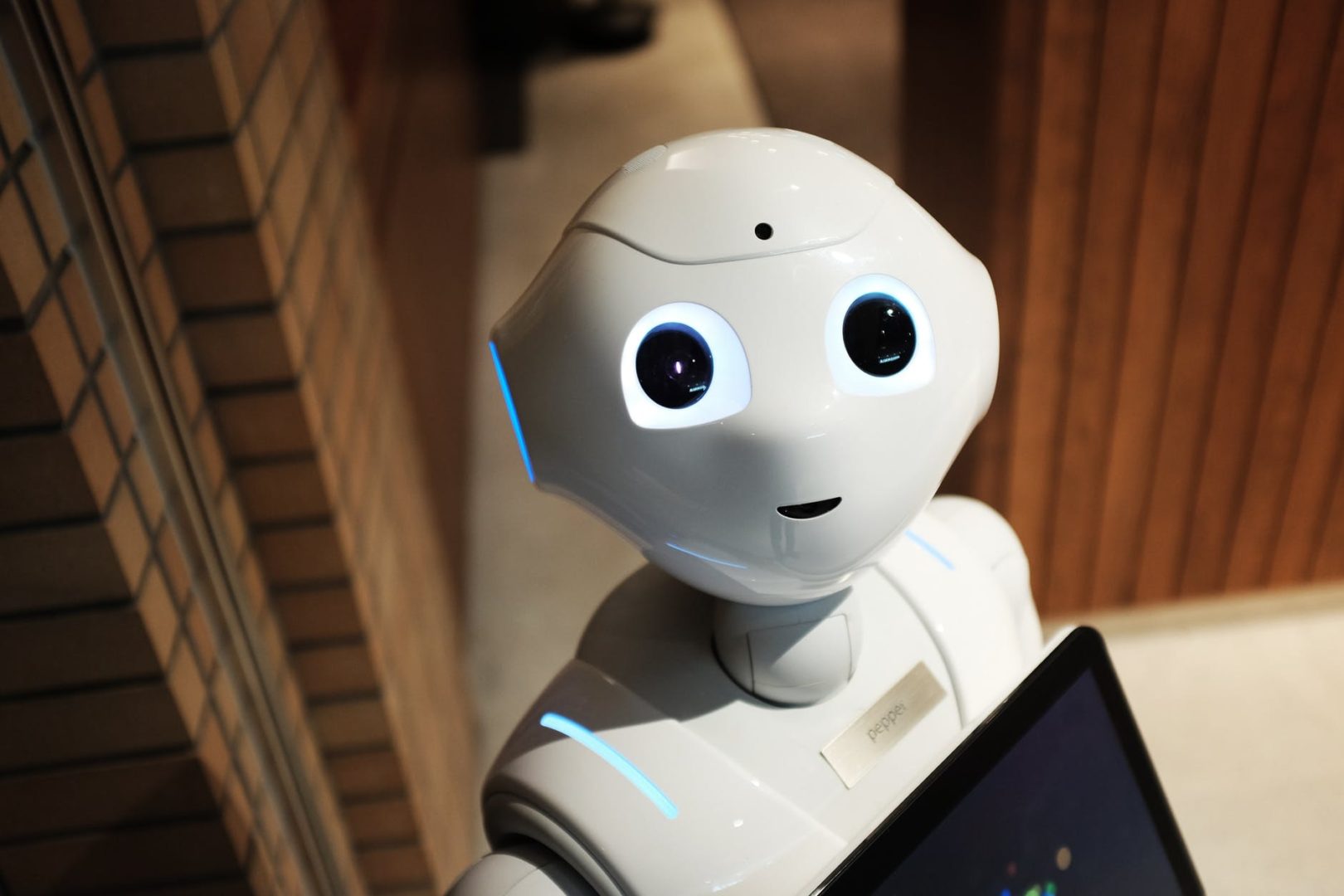We’ve all integrated Artificial Intelligence into parts of our lives, whether we realise it or not. Be it Amazon’s Alexa, Google’s Echo, Samsung’s Bixby, or Apple’s well-loved Siri, pretty much everyone has interacted with an AI assistant at least once in their lives.
But what is AI? Well, that’s a question we all are asking as it grows ever more popular in today’s world. Artificial Intelligence, known as AI for short, is really a broad term describing technology that has the capability of showing behaviours associated with human intelligence, such as learning and retaining information, logical reasoning, social intelligence, and creativity (to some extent). This makes it an incredibly powerful tool in not only our home and social lives, but also in the world of work and finance.
Most of us already use AI assistants on our phones, iPads, and laptops, utilising them to set reminders, make phone calls, and shop online. Google’s new assistant, Google Duplex, is even capable of making and receiving calls, as well as screening them for telemarketers. China’s most popular online commerce company is AliBaba, whose AliMe can track package delivery, consult about online shopping over the phone, and bargain prices over text. At a more industrial scale, it can be used to recognise and filter spam, as well as to sort and tag unmarked files and documents. But this is barely scraping the limits of AI development – so far, we’ve only explored the functionality of what we call “narrow AI.”
Narrow AI consists of intelligent systems that have been “taught” to carry out certain tasks; although, of course, they are programmed to do so, this programming isn’t explicit and the machine “learns” how to complete the task. New developments of this type of AI include X-ray scanners, which can detect potential tumours, and chatbots, which can carry out basic customer service over the internet. Within social media, AI has begun to filter and remove inappropriate content off the web, or recommend products based on what you have viewed before. I mean, we’ve all been slightly freaked out when we see ads for something we were just discussing. And yes, that’s the work of AI! However, narrow AI is much more limited than general AI, which is still an unknown field that scientists are working to investigate.
Artificial general intelligence is more adaptable, and is closer to the intellect humans have. General AI machinery can carry out logical reasoning to a far greater extent, and can reason about various different topics without having this information programmed into them. Unfortunately, this kind of AI doesn’t really exist today and its development is still in progress. Scientists predict that Artificial General Intelligence will exist by 2075, and that its development should begin by 2040. If this happens, there’s a high chance we might go as far as creating what’s known as “superintelligence,” which is any AI machinery that can perform tasks beyond the capabilities of human intellect. However, other groups of scientists feel that this foresight is highly inaccurate and believe that we will only be able to achieve AGI in many hundreds of years.
Whether or not AI is a benefit is a highly disputed topic all over the world. Although an efficient tool in education, business, and industry, some argue that AI is already beginning to breach our privacy by recording information and learning more and more about us. And what will happen when it becomes powerful enough to make its own decisions? Will we be able to control it, or will it start controlling us? 58% of adults above the age of 25 believe that younger generations are becoming far too dependent on technology and several think that the growth of AI may be stimulating this. There are already regulations and laws on the development of AI, but many fear that, at the rate we are exploring it, these may prove to be ineffective. Limiting the use and evolution of AI would be a huge step backwards for us, given its now indispensability in our day-to-day lives. A world without smartphones, social media, and video games has become unimaginable. And yes, there is AI integrated in even the most basic of software and operating systems of our electronic devices, so eradicating AI would mean getting rid of our phones, laptops, and a lot of software that we have already accepted as necessities in our daily life.
The knowledge we have on AI is still massively limited given its exponential growth over the last few years. All scientists can say is that there is far more yet to come, and that the boundaries of its abilities are incomprehensible. Some claim its benefits, while some argue the opposite. It’s up to you to decide: could you live in a world without AI?


